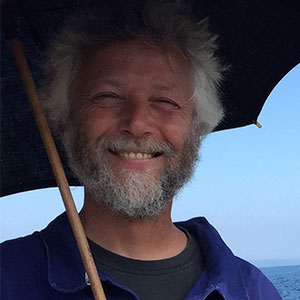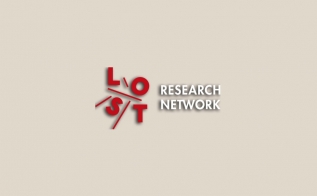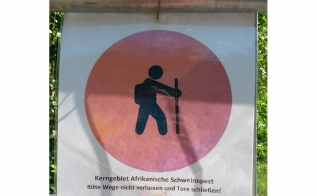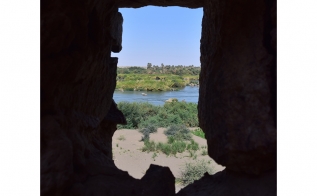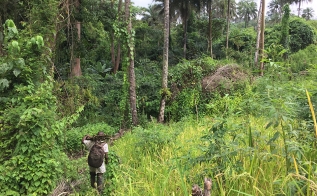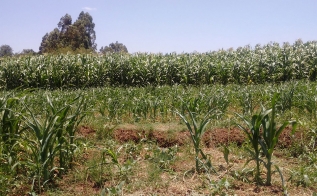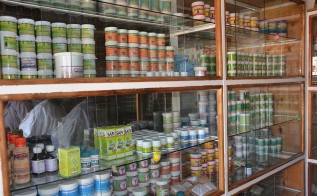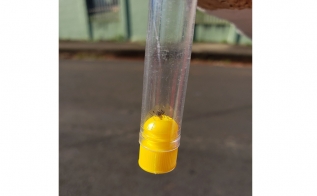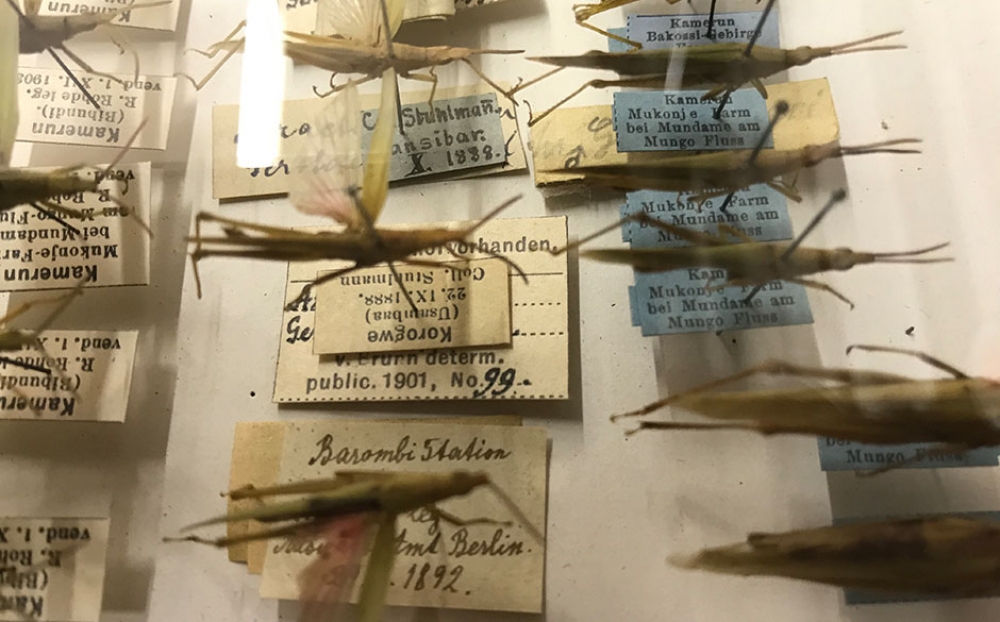
Description
Geissler’s current research remains focused on the practice of natural sciences, mainly in Eastern Africa. Apart from the question of relations through time, and the ethnography of remains and traces, he is interested in relations between fieldworkers and field in different settings, including issues of landscape and movement, observation, collaboration and collection, as well as in natural history, both as a subject of ethnographic enquiry, and a mode of ethnographic thinking and presentation.
At the same time, Geissler is leading the AnthroTox group, consisting of social anthropologists, biologists and chemists in Norway and Tanzania, studying questions of toxicity and toxicology in Africa, with PhD students’ current projects on electronic waste in Tanzania, and pesticides and aflatoxin in Kenya.
Moreover, he heads the anthropological Oslo part of the EU Marie Curie Innovative Training Network ANTHUSIA, that brings together 16 anthropological PhD students in Arhus, Oslo, Leuwen and Edinburgh, studying a range of different topics concerning ‘human security’ in Africa, including a number involved in medical, scientific and technical issues.
Key publication
Geissler, Paul Wenzel, G. Lachenal, J. Manton, N. Tousignant (2016) "Traces of the Future: An Archaeology of Medical Science in Twenty First Century Africa." Bristol: Intellect.
Geissler, Paul Wenzel (forthcoming) (2023) "Anthropology of Modern Traces." in Oxford Research Encyclopedia of Anthropology , edited by Mark Aldenderfer New York: Oxford University Press.

